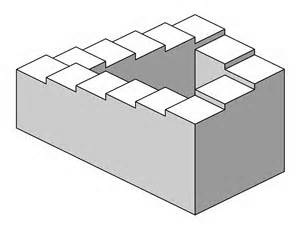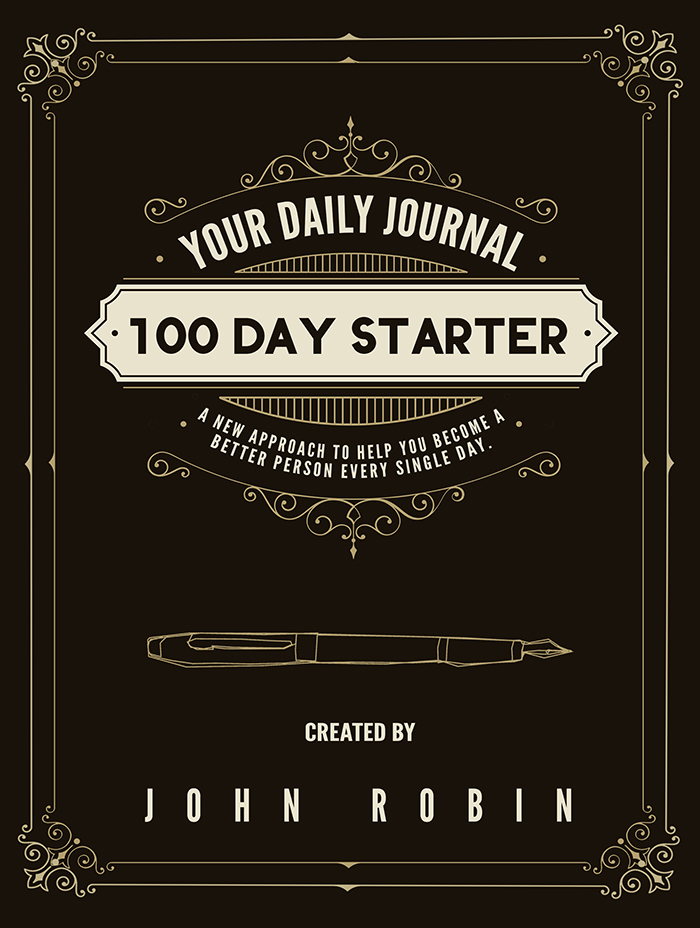Last month I talked about the great Author Accelerator program and how it’s changed my writing method for the better. This month I thought I’d follow up on a related aspect to being part of the program, namely, the benefit of writing slow.
First off, let me clarify what slow means to me. Mechanically, I am capable of writing more than 3,000 words a day. Because I only write on weekends, this means I can write more than 6,000 words a week if I’d like to. Right now, to keep pace with my editor, I only write about 3,600 words a week. This forces me to slow down when I write. Instead of rushing to turn out a chunk of my novel, I’m left to think carefully about what I’m writing and to ask the question: does every paragraph move the story forward? If the answer is ever no, I’m happy to delete and try again.
Now, let’s look at a related aspect: I only write on weekends, so what is happening in the 5 days between? As I mentioned in my February blog post, Writing Routines and Zen According to Exercise, I’ve created a system that helps me compartmentalize my editing work and my writing work. It seemed a good idea–and has proven in practice still to work great–to plant a different kind of writing day right in the middle of the week. So, on Wednesday I revise Blood Dawn. To be clear, I do not do any forward writing. I spend that day working on developing character arcs, plot notes, tidying up world-building details, and addressing revisions from my editor on the previous weekend’s 10 pages. This means I have that day to allow my story to grow broader, to step back and approach it reflectively, but not just mentally–that is what I do during the other days. Two days away from Blood Dawn between writing and revision, and revision and writing, gives me further space to think and process, so that when I hit the keyboard again to move the story 3,600 words further along, I come at it fresh.
All of this has opened me up to a discovery about storytelling that I don’t think I’d appreciate were I writing any other way. I like to think of it as a substance-structure paradox. Simply put, substance (the actual writing) creates structure (the plot, character arcs, theme), and likewise structure (plotting) creates substance (ideas for writing). For example, I spend a while thinking about my story while I’m not writing it, and these thoughts translate to ideas for how the story can change to grow stronger and truer to the overall thematic and moral vision. Likewise, when I am writing, I discover elements of the broader story and the bigger picture that I wouldn’t otherwise discover just by thinking about it from a distance.
This idea is at the heart of the well-known conflict between “plotters” and “pantsers”. Is one better than the other? Plotters, or outline writers, can sometimes produce stories that are not deep enough, since they devise their plan then fill the story in, not allowing themselves the time to deepen their narrative. Pantsers, or discovery writers, can sometimes get lost and struggle to create a novel that is structurally solid, since they are constantly open to the idea of discovering what their story is. Many writers try to hybridize the two, but even this can be a cat-chase-tail scenario: modifying the outline when the text presents a new opportunity could lead to a different story, which means starting over again; or, imposing structure on an organic tale that’s being discovered might lead to false direction if that structure comes together too soon.
Regardless, there is still, at the heart of this, the substance-structure paradox and, with it, the reality that this is in fact a fractal process. The only thing we can do as writers is try to work with this basic flow, and to devise methods of writing that best utilize it. For the brilliant plotters who see deep before the words are written, or the innate storytellers who go in faithfully to a story and tell it true, this is not an issue. But for the rest of us–the many–we have the very real problem that we have a story to tell and we’d like to publish it and get it to our readers.
My approach is to utilize slower writing, and my revision day. During this time I can reflect on the new aspects my previous weekend of writing opened up to me, and consider ways my plans for the novel might change to make it better, all without losing the forward writing momentum. Two steps forward, one step back is a lot better than the two forward, two back that comes from being a perfectionist. I’ve found a great balance that is helping me move ahead while still addressing my story’s shape on a structural level each week. But this is just what works for me.
If you’re a writer who, like me, doesn’t quite fit in the plotter or discovery writer category, I’m eager to hear from you if you have special ways you’ve found to resolve this paradox. How do you handle changes to the plans for your novel as the writing process unleashes surprises? How do you handle the writing process when the outline just doesn’t work?


